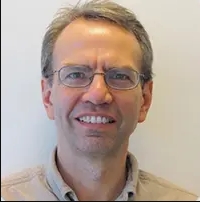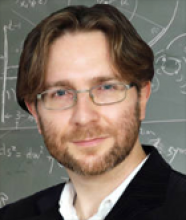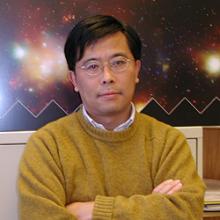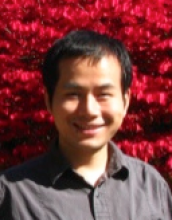Visiting Scholars
Visiting Scholars
| Visitor | Period of stay | Office | Email address | Research interests | |
|---|---|---|---|---|---|
John Carpenter |
1 April 2025 to 3 April 2025 | Dr. John Carpenter joined the ALMA Project in September 2015 as the ALMA Observatory Scientist. John received his PhD from the University of Massachusetts-Amherst, and was a James Clerk Maxwell Fellow at the University of Hawaii and an Postdoctoral Scholar at the California Institute of Technology (Caltech). While at Caltech, John conducted research using the Owens Valley Radio Observatory (OVR... |
 |
Past Visiting Scholars
| Visitor | Period of stay | Research interests | |
|---|---|---|---|
|
Liu, Hau-Yu ASIAA |
28 Dec 2018 | Circumstellar envelope/disk, molecular cloud, Galactic center |
 |
|
Zhen Guo University of Hertfordshire |
26 Dec 2018 to 4 Jan 2019 |
.jpg) |
|
|
Pau Amaro-Seoane Max-Planck Institute for Gravitational Physics |
15 Dec 2018 to 21 Dec 2018 | stellar dynamics, LIGO/Virgo/LISA black holes, data analysis and gravitational-wave search algorithms, planetesimal dynamics, scalar fields and collisional dark matter, and GPU computing |
 |
|
Q. Daniel Wang University of Massachusetts |
12 Dec 2018 to 14 Dec 2018 | Galactic Nuclear Regions;Galactic Feedback and Ecosystem of Galaxies: |
 |
|
Mats Carlsson Institute of Theoretical Astrophysics, Oslo |
10 Dec 2018 | Solar Physics Stellar atmosphere modeling Radiation magnetohydrodynamics Space projects |
.png) |
|
Chris Belczynski Nicolaus Copernicus Astronomical Center |
19 Nov 2018 to 24 Nov 2018 | • Stellar and binary evolution • Formation of compact objects • Physics of Gravitational-wave sources • Progenitors Gamma-ray bursts • Populations of Galactic and extragalactic X-ray binaries • Progenitors of Type Ia Supernovae |
 |
|
Yuan-Sen Ting NASA Hubble Postdoctoral Fellow |
17 Nov 2018 to 21 Nov 2018 | • Formation and evolution of the Milky Way • Galactic archaeology • Near-field cosmology • Chemical tagging • Galactic dynamics • Stellar atmosphere and spectra • Stellar populations |
.jpg) |
|
Victor Debattista University of Central Lancashire |
17 Nov 2018 to 24 Nov 2018 | computational study of the formation and dynamics of galaxies |
 |
|
Kohei Ichikawa Tohoku University |
13 Nov 2018 to 16 Nov 2018 | AGN, black holes |
.png) |
|
Yanfei Jiang University of California, Santa Barbara |
1 Nov 2018 to 13 Nov 2018 | High energy astrophysics; black hole; galaxy evolution and structures; AGN/Stellar/Cosmic Ray feedbacks... |
 |
